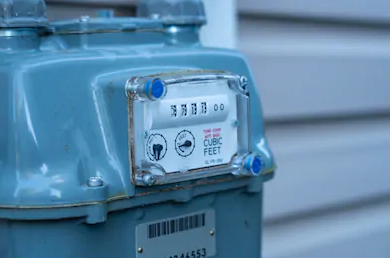When Old Laws Threaten New Climate Ambitions: A New York Case Study
A video recording of the event is available here.
You can also view:
- Justin Gundlach and Elizabeth Stein's slide presentation and article in Energy Law Journal
- Michael Gerrard's slide presentation
Several states have recently passed legislation mandating ambitious levels of economy-wide greenhouse gas emissions reductions. While the laws establishing these state mandates authorize agencies to adopt new regulations, they do not spell out what to do about existing laws that enable—and, in some cases, encourage—the consumption of fossil fuels. Our webinar, co-hosted by the Environmental Defense Fund, explored this challenge by considering New York's clean energy transition, and tensions between old laws and the landmark Climate Leadership and Community Protection Act. After a presentation of research by Justin Gundlach and Elizabeth Stein, speakers considered some of the issues and proposals raised by the authors.
Speakers:
Dale Bryk, Senior Fellow for Energy and the Environment, Regional Plan Association
Rory Christian, Principal at Concentric Consulting Group and Board Member of WE ACT for Environmental Justice
Michael Gerrard, Founder and Faculty Director, Columbia University's Sabin Center for Climate Change Law
Justin Gundlach, Senior Attorney, Institute for Policy Integrity
Elizabeth Stein, Lead Counsel, Energy Transition Strategy, Environmental Defense Fund
Derek Sylvan, Strategy Director, Institute for Policy Integrity
Many climate laws add a layer of legislation to the landscape, but fail to excavate the foundations of existing, countervailing laws that are likely to impede the realization of the new legislation’s basic objective. In New York, an especially clear instance of this tension between new and old laws arises from the interaction of the Climate Leadership and Community Protection Act and provisions of the Public Service Law that govern—and facilitate expansion of—gas distribution infrastructure. New York's situation shows that, unless the institutional framework and laws pertaining to fossil fuels are modified appropriately, efforts to make a safe and just transition to clean energy will likely be stymied by confusion and related opportunities for opposition.

